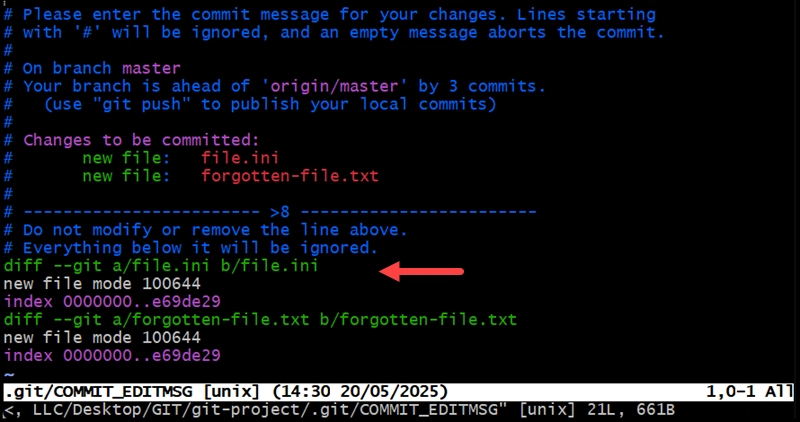Welcome to Day 20 of the 30 Days of Linux Challenge!
Today I focused on disk usage and file system monitoring — a must-have skill for preventing crashes, outages, and silent failures in Linux systems.
If you've ever had a system fail because /var or /tmp filled up, you'll know why this topic is crucial.
📚 Table of Contents
- Why Disk Monitoring Matters
- Check Disk Space with df
- Analyze Directory Size with du
- View Block Devices with lsblk
- Mounted File Systems with mount
- Find Large Files
- Clean-Up Tips
- Try It Yourself
- Real-World Use Cases
- Why This Matters
Why Disk Monitoring Matters
Linux won't always alert you when:
- Disk space is about to run out
- Backups are failing due to full storage
- Logs are overwhelming
/var
Without monitoring:
- Applications can crash
- Services may silently fail
- You risk total system instability
Check Disk Space with df
df -h
Flag Meaning
-h Human-readable (GB, MB, etc.)

Sample output:
Filesystem Size Used Avail Use% Mounted on
/dev/sda3 100G 75G 25G 75% /
tmpfs 16G 0 16G 0% /dev/shm
Analyze Directory Size with du
du -sh /var/log

Break down large folders:
du -h --max-depth=1 /home

Useful for finding:
- Disk-heavy users
- Log folders gone wild
- Forgotten downloads
View Block Devices with lsblk
lsblk
Visualizes:
- Disks
- Partitions
- Mount points
- LVM volumes
Example:
NAME MAJ:MIN RM SIZE RO TYPE MOUNTPOINT
sda 8:0 0 100G 0 disk
├─sda1 8:1 0 1G 0 part /boot
└─sda2 8:2 0 99G 0 part /

Mounted File Systems with mount
mount | column -t
See:
- Devices
- Mount paths
- File system types

Alternative:
findmnt

Find Large Files
All files over 1 GB
find / -type f -size +1G 2>/dev/null

Sort by size:
ls -lhS /var/log
Interactive viewer:
sudo dnf install ncdu
sudo ncdu /
Clean-Up Tips
Clear package cache:
sudo dnf clean all

Truncate log files:
sudo truncate -s 0 /var/log/messages
Clear systemd journal logs:
sudo journalctl --vacuum-time=7d
Try It Yourself
-Check overall disk usage
df -h
-Identify large folders
du -h --max-depth=1 /var
-List block devices
lsblk
-Search large files
find / -type f -size +500M
-Check mount points
mount | column -t
Real-World Use Cases
| Task | Tool Used |
|---|---|
| Monitor storage usage |
df, lsblk
|
| Identify large folders/files |
du, find, ls -lhS
|
| Visualize partition layout |
lsblk, mount, findmnt
|
| Clean unused data |
dnf clean, truncate, journalctl
|
| Validate backup targets |
df, ncdu
|
Why This Matters
Running out of disk space can:
- Break services and applications
- Cause data loss
- Crash entire systems
- Monitoring and cleaning storage isn’t optional — it’s survival.

